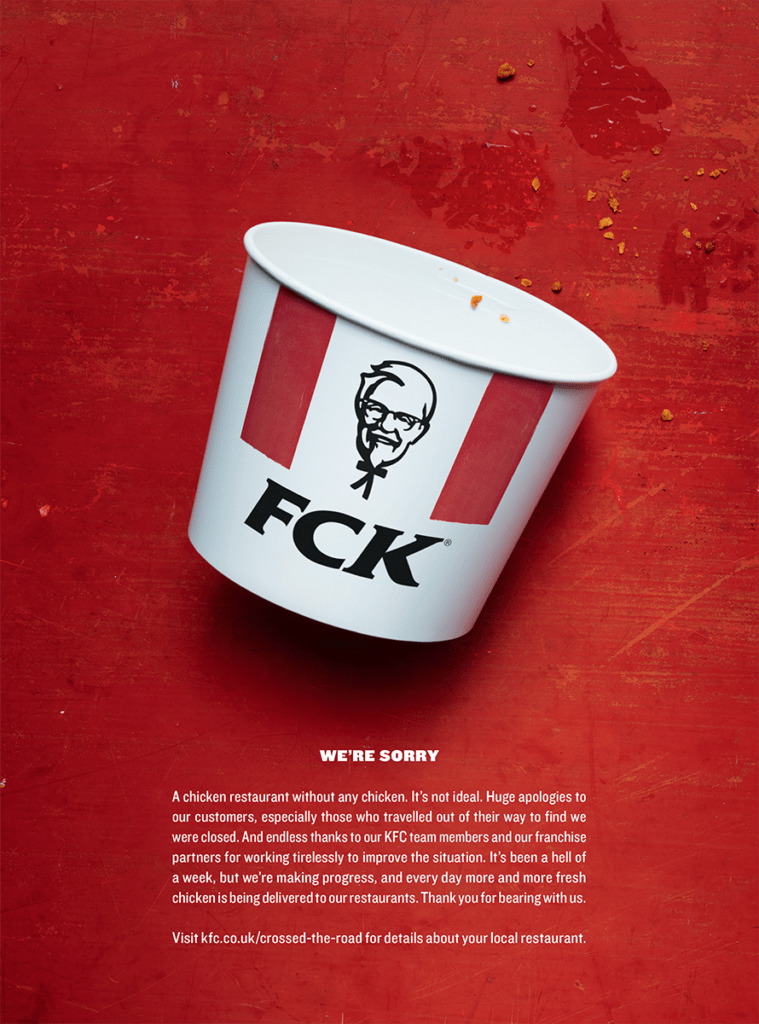
Marketing levity for consumer insights marketing: Humor can help mitigate bad press, explain serious issues, and of course, attract a willing audience.
During these days of rising health, political, and economic concerns, plenty of people can use a laugh. As many respectable and completely serious doctors and scientists have done before, Clarity Clinic even says that humor can provide good medicine for mental and physical health issues. Perhaps, that makes this the perfect time for a little media levity, even to address very serious topics.
With that in mind, gain some perspective from a consumer insights company to see how adding a bit of levity to marketing content can help attract an audience and even improve a brand’s reputation.
How a consumer insights company treats humor as serious business
A company like Netflix doesn’t just offer marketing content; for them, content provides the basis for their entire business model. Some people may find it surprising that a show like “The Floor is Lava” has even trended to the top for popularity in the U.S. market. On the other hand, even Mashable TV critics praised the show for offering some levity and fun during 2020, a year when many people have found little to celebrate.
Using humor to take the edge off of poor PR events
From the view of a consumer behavior analysis agency, some companies have done very well incorporating jokes, even in the face of poor PR. Take a look at an example of the great KFC chicken debacle. Apparently, KFC changed suppliers, and ensuing problems resulted in chicken shortages that even led to a number of store closings.
In those pre-pandemic times of just last year, it was always easy to buy such staples as toilet paper and chicken. Nobody ever thought twice about eating inside a KFC, rather than using the drive-through. Thus, consumers expressed outrage when they could not immediately dine on their favorite meal in 2018.
In response, KFC took out plenty ads to apologize to their loyal and hungry fans. Instead of printing KFC on the image of a bucket of chicken, they rearranged the numbers to spell FCK. According to The Drum, the naughty humor worked because the public appeared to forgive them. Their ads and images even went viral on social sites. A marketing and consumer behavior analysis agency named Mother came up with this effective strategy, which also generated quite a bit of positive attention for them.

Can humor always take the edge off of PR disasters or other serious matters?
Obviously, KFC’s mistake pales when compared to some other PR disasters. For instance, an audience personas agency probably would never have suggested that Equifax try to use humor to cope with their massive data breach. Consumer insight marketing professionals should think about the audience before they suggest the right tactic to take for different types of problems or errors.
On the other hand, marketers can find examples of businesses using humor to address very serious issues. As am example, Melbourne’s Metro released a “Dumb Ways to Die” campaign to help promote safety and reduce the number of accidents. The videos ended up with a greater number of views than the amount of people that even live in the whole country of Australia. According to their media staff, they wanted a way to educate their community about safety without turning them off.
As another example, Burger King used a humorous video to educate the public about their company stance on the serious issue of net neutrality. After they interviewed average people, they found that most internet users really did not understand the idea behind the controversy. Thus, they used a humorous video that showed the order taker giving higher priority to people who paid more for their Whopper than those who paid the regular place, which they equated to internet providers throttling bandwidth for some websites but not others.
The pros and cons of using humor to grow a marketing audience
Marketers may sometimes use humor to help address very serious issues, as discussed above. Used right, funny content can work just as well for everyday marketing too. With that in mind, consider some benefits of employing humor to help grow an audience for marketing campaigns:
- Attention grabbing and relatable: Consumers get bombarded with lots of ads for companies that want to sell them something, and they may pay attention to and even care more about a company that makes them laugh too.
- Memorable: Studies have linked humor with better recall, so any company that wants people to remember their name might earn the privilege with some levity.
- Often share-worthy: Internet users like to share funny videos, quotes, and memes and may feel less inclined to simply share an ordinary advertisement.
On the other hand, businesses need to avoid certain pitfalls that almost all comedians have fallen into at some point. They should remain wary of giving offense, appearing amateurish, or simply not landing their joke. As in the case of Equifax, for example, plenty of comedians may have joked about them, but they wisely decided not to choose that exact time to laugh at themselves.
Why consult a consumer behavior analysis agency about humor in marketing?
Mark Twain called referred to humor as mankind’s greatest blessing. Particularly during stressful times, a bit of levity can lighten up many heavy loads. By expertly incorporating a funny scenario or even a self-effacing joke into marketing campaigns, businesses can gain more attention and in many cases, even do their target audience a favor.



